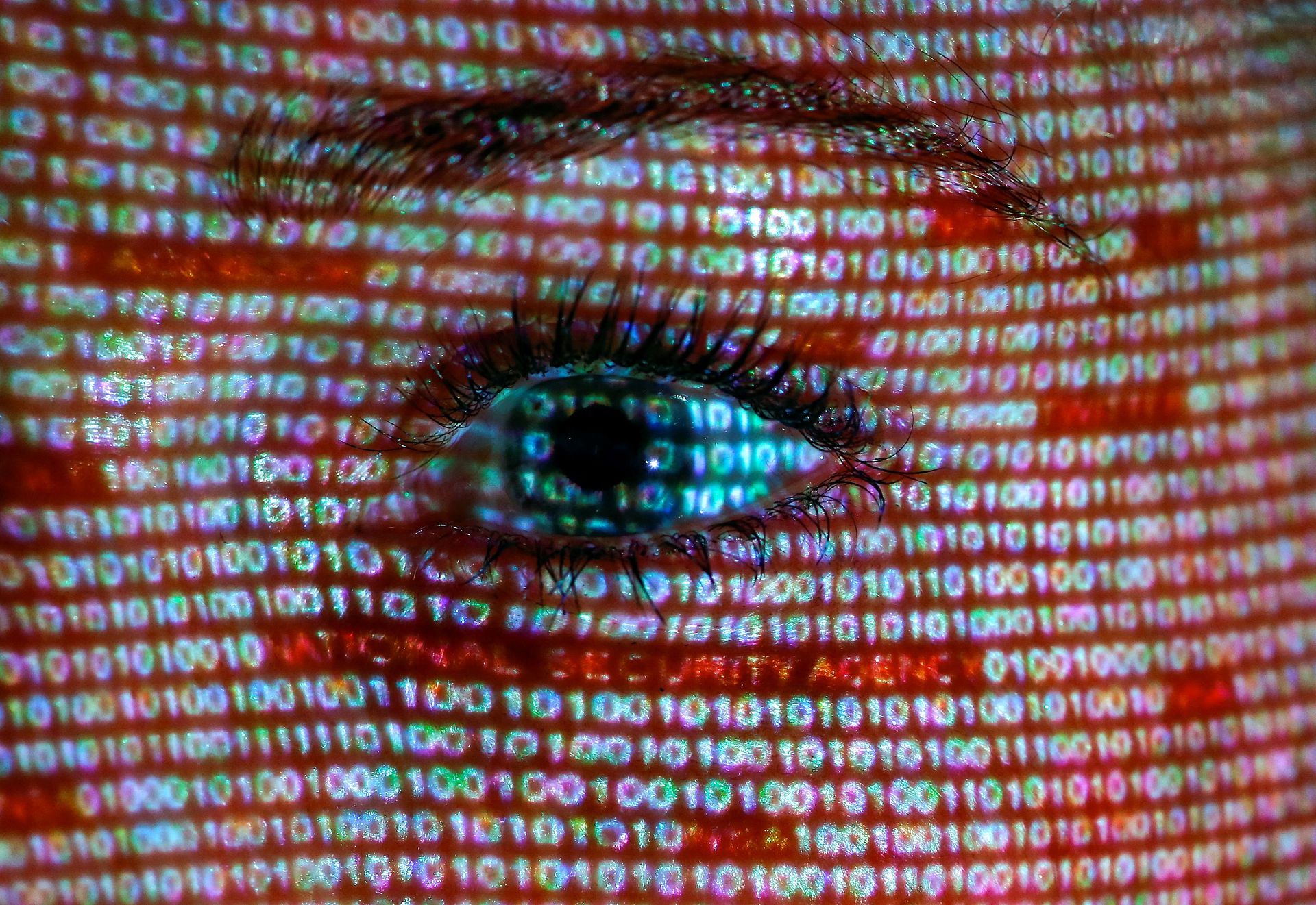Australian Gambling Access Increasingly Controlled by Facial Recognition
Posted on: August 18, 2022, 07:24h.
Last updated on: August 18, 2022, 10:51h.
The use of facial recognition is a controversial topic around the globe. However, it’s one that is catching on, and a new initiative in Australia could see it expand to help problem gamblers protect themselves.

Casinos across Australia have been incorporating facial recognition in different pilot programs. In some areas, such as South Australia, it is mandatory under certain conditions.
Industry trade group ClubsACT believes the use of facial recognition can be beneficial for reducing gambling harm. ABC News reports that the group wants to increase its use in the Australian Capital Territory (ACT).
Facial Rec for the Greater Good
The ACT is the only Australian state where the clubs control gaming activity, according to ClubsACT. As such, the entity maintains a leading role in responsible gambling management.
Part of that includes preventing problem gamblers from accessing gaming floors and machines. The use of facial recognition systems will enhance that prevention.
ClubsACT wants to use a facial recognition system offered by COMS Systems Limited. The New Zealand-based company already provides its solution in its home country, as well as to casinos in South Australia.
The goal for ClubsACT would be to allow those with gambling problems to opt-in to the use of the technology. As patrons access a gaming floor, the facial recognition solution takes a picture. If the individual has self-excluded, representatives of the venue would receive an alert and be able to intervene.
Craig Shannon, the entity’s CEO, points out that the solution would reinforce gamblers’ self-exclusion requests. In addition, it would only be available on gaming floors, not at other areas of the venues, such as restaurants or bars.
Initially, only a handful of gaming properties would participate in a pilot program. Then, if the results are positive, additional venues could install the facial recognition system.
We’re just hoping to add more integrity to the way the self-exclusion regime operates — this is all about the individual opting out of wanting to be in gaming areas and us giving some integrity to that decision,” said ClubsACT CEO Craig Shannon.
Shannon added that it’s easy for self-excluded gamblers to access gaming areas, especially when venues have a lot of traffic. The facial recognition technology offers them another layer of protection while not infringing on the rights of others.
Data Inconclusive
ClubsACT states that the ACT is the Australian state with the least amount of problem gambling. It’s also the only state where casinos cannot host gaming machines. As a result, problem gambling is only 0.4%, while it’s 0.5% in Queensland and 0.8% in New South Wales.
Specifics on the use of facial recognition to target problem gambling aren’t available. However, Auno Suomi, the director of the Australian National University Centre for Gambling Research, said it’s beneficial.
ClubsACT is only waiting for the green light. The state has no provisions preventing the use of biometrics, although federal laws may stand in the way. However, Shannon stated that several ACT venues have installed the systems and are ready to flip the switch once – and if – the state government gives its approval.
Related News Articles
Cashless Gaming Live at New South Wales Casinos Under Pilot Program
Australia’s Crown Resorts Fined $77M USD for Misconduct
Star Entertainment Revenue Slips Amid Repeated Bad News
Most Popular
Genovese Capo Sentenced for Illegal Gambling on Long Island
NBA Referees Expose Sports Betting Abuse Following Steve Kerr Meltdown
UPDATE: Former Resorts World & MGM Grand Prez Loses Gaming License
VEGAS MYTHS RE-BUSTED: The Traveling Welcome to Las Vegas Sign
Most Commented
-
UPDATE: Whiskey Pete’s Casino Near Las Vegas Closes
— December 20, 2024 — 32 Comments -
Caesars Virginia in Danville Now Accepting Hotel Room Reservations
— November 27, 2024 — 9 Comments -
UPDATE: Former Resorts World & MGM Grand Prez Loses Gaming License
— December 19, 2024 — 8 Comments -
FTC: Casino Resort Fees Must Be Included in Upfront Hotel Rates
— December 17, 2024 — 7 Comments
















No comments yet